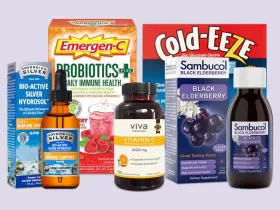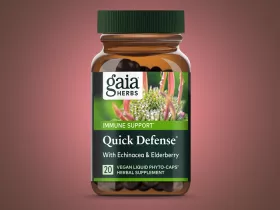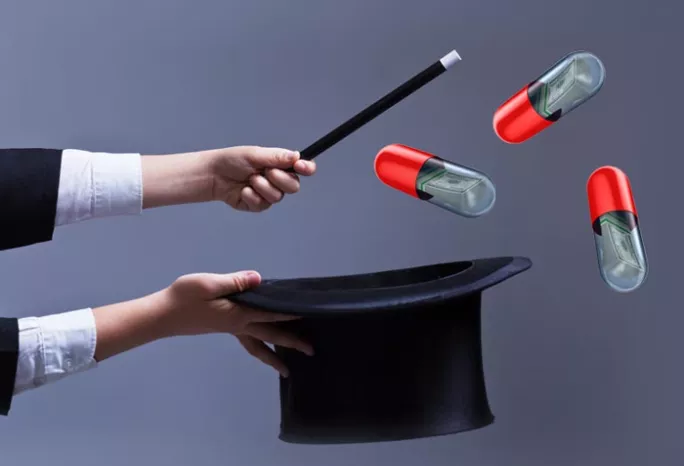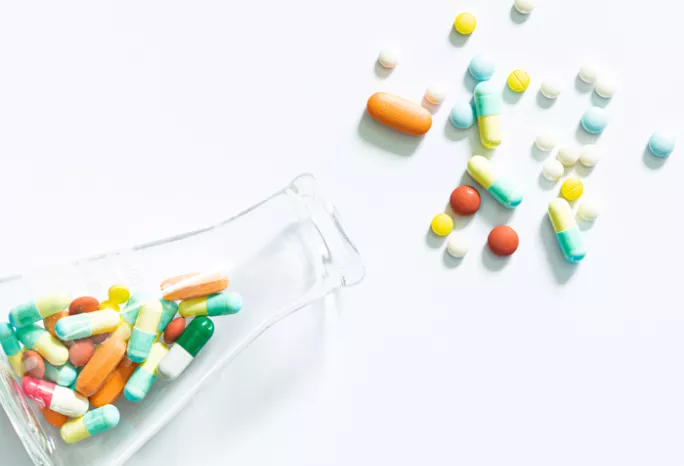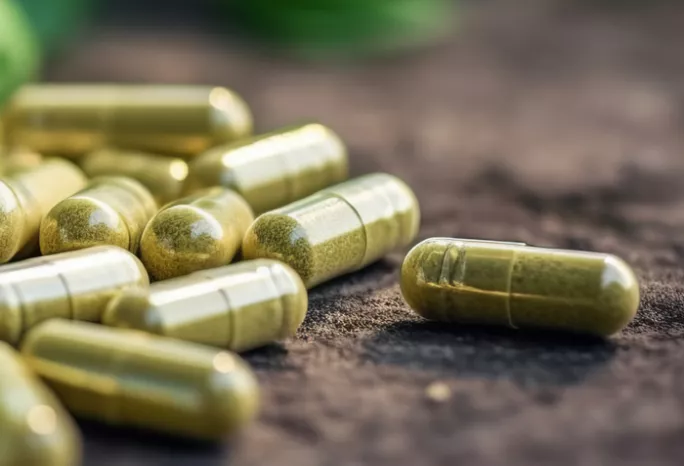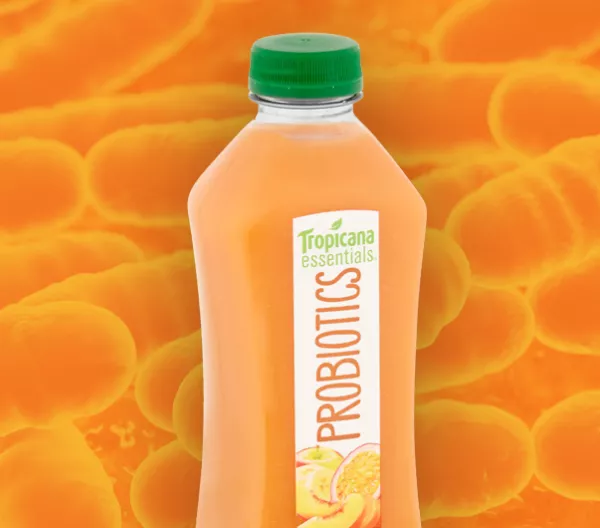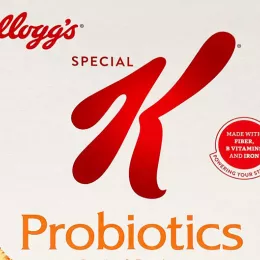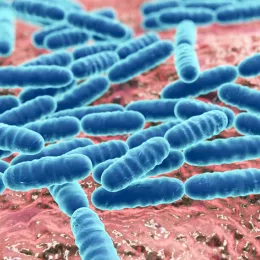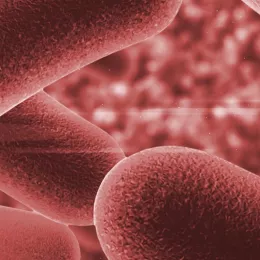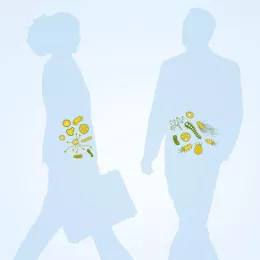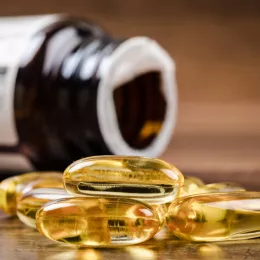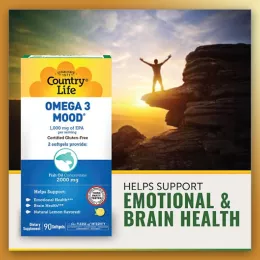
Vitamins & supplements
Which supplements are worth taking? (Hint: Not many.) Which are a waste, or can even be harmful? We look at the evidence for some popular supplements and conditions.

Should you take a multivitamin?
Do you need a multivitamin? The short answer: We don’t know. But here's why taking a multi may make sense.

Vitamins and minerals, explained
How much of each vitamin and mineral do you need from foods and supplements combined? How much is too much?
The latest on Vitamins & Supplements

Why the supplement aisle is the Wild West
In 2020, Americans spent about $55 billion on dietary supplements. That’s no surprise, given that roughly half of all adults take a supplement. What may be a surprise: Many of those people are wasting their money, and some may even be risking their health. Here’s how the industry keeps you buying more.
Immunity
There’s no shortage of claims about supplements that can kick your immunity into high gear. But many claims have a catch…or flimsy evidence.

Are you vitamin savvy?
We all need vitamins and minerals. But it’s hard to remember which are good for what, which we’re more likely—or extremely unlikely—to run short of, and how much is too much. That’s good to know, when a multi-billion dollar industry keeps trying to sell us more (and ever-pricier) supplements.
Buyer beware
Hoping to keep your brain sharp? Boost energy? Improve your mood? There’s a supplement for that…if you believe marketers. But many supplements don’t live up to their claims. And some—especially risky weight loss, sexual enhancement, or bodybuilding supplements—may even contain undisclosed illegal, dangerous drugs.
Vitamin D
It’s tough to reach the recommended intake for vitamin D from food. Your body can make vitamin D from sunlight, but not if you’re wearing sunscreen (you should). That’s why many people need a supplement to help protect their bones. Here’s what vitamin D can—and can’t—do.
Drug interactions

Supplements
How some supplements interfere with medications
It’s not only certain foods that can spell trouble for some medications. One of the worst offenders: St. John’s wort. A phytochemical in the herb ramps up the cytochrome P450 3A4 (CYP3A4) enzyme. (That’s the opposite of what grapefruit does to the enzyme.) That spurs the breakdown of many drugs.

When foods & drugs don't mix

Why grapefruit doesn’t mix with some medications
Fish oil
The jury is still out on taking fish oil supplements for a healthy heart. But it’s a good idea to eat seafood (especially fatty fish) once or twice a week.







